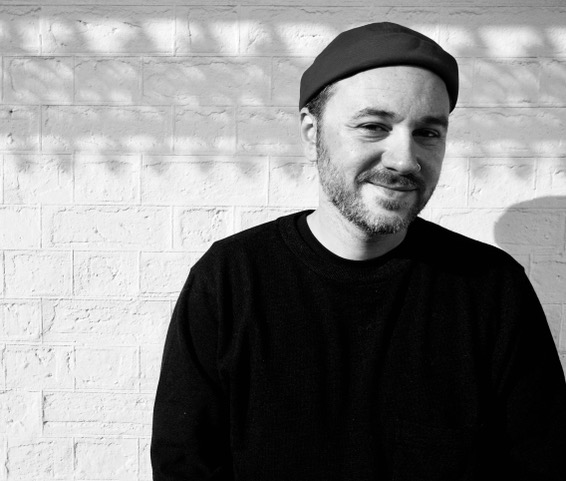
Having joined Flinders University in early 2020, music research specialist Dr Marco Susino is part of the Assemblage Centre For Creative Arts, aiming to forge new types of arts research collaborations and creative endevaours.
What is your role and what does your work focus on?
I joined Flinders University this year as a lecturer in creative arts, working with the Assemblage Centre For Creative. COVID-19 restrictions have been tricky, but I’ve still been able to create and research, and I’m really excited by the concept of developing more diverse arts research that branches into other disciplines, and for me this is connecting music with dance, health, psychology and cognition.
My latest published research has examined people’s emotional reactions to music without any music being played – looking at many inbuilt expectations, prejudices and preferences that set up our emotional framework for music – and we are reaching a point where we can predict how people feel towards artistic presentation, depending on cultural aspects. This will have significant applications for commercial marketing, right through to how moods can be established in restaurant environments, and in health settings, where music may be able to trigger emotions that aid treatments.
Our next research project will be at FMC, looking at whether music improvisations can be beneficial for patients who suffer nausea and vomiting in the days after chemotherapy treatment for cancer. I am also working on a video installation on emotion embodiments with some very talented performers. It’s all exciting!
Can you briefly describe the journey that took you to this point in your career?
I studied music performance, and in my final term a lecturer suggested I audition a session playing guitar for a video game soundtrack, which is something I’d never considered before. I got the gig, which led to a huge number of sessions working on different projects, and then touring with many performers. It was while I was on tour in India that I noticed the facial reactions of the audience to one piece of music was the opposite to what I had expected, and then performing in a different country evoked a different audience reaction from the same music. It led me question and start researching how culture affects responses to music, and this is a very exciting new pathway that is now being explored.
Can you describe a challenge in your life and how you dealt with it?
COVID-19 Lockdown has been very frustrating but it presented me with a great opportunity to really examine what we do and why we do it. The arts sector, in particular, has been hit very hard by the disruptions, so this made me think in a more creative manner about the arts sector in ways that we have never had to before, to consider new ways of collaborating online. We have to think very differently to find solutions, and for some projects, it has worked.
What is something you are most proud of?
I’m very humbled that I have a visiting position at the Juilliard School in New York City, working in the dance department with choreographers and composers, to apply research about emotional responses into performance. When you are on campus at the Juilliard, and you see so many famous people delivering lectures or walking in the corridors, it becomes clear the extent of this institution’s artistic and intellectual capacity. It’s the hub for the best of the best. I’m humbled even by the quality of the student cohort.
Closer to home, I also had the honour of conducting the PLC Orchestra at the Sydney Opera House in December 2018. Many years ago, my father had proudly said to me that one day I would be on stage at the great concert hall of the Opera House, and I laughed, saying not to have such high expectations for me. Unfortunately, my father died from lung cancer before I got to appear there, but I had a picture of him in my jacket when I was on stage and thought of him. I think he would have been proud and happy for me.
What does a normal day look like for you?
I’m an early bird who gets up and spends about 30 minutes meditating, on most days, then play with my two cats for a while before I get on my bicycle and go for a ride to get a coffee and a baguette, before starting my working day sharply at 9am. I’m actually very scheduled and regimented with my time during the working day, which is a habit that comes from being a busy performer. So after a mix of teaching, meetings and research, I like to finish the day with some exercise – a walk, a bike ride, or a swim in summer.
How do you like to relax or spend your spare time?
Well, I no longer pick up the guitar and play for relaxation. I don’t have to stick to just doing one thing as an expressive artist. So I like to do something completely different, working with my hands. I like to do pottery – quite badly, I must admit – and I dismantle and redesign pimped-up bicycles. I also love composing music, but that often blurs the line between doing something relaxing that can end up turning into work.

